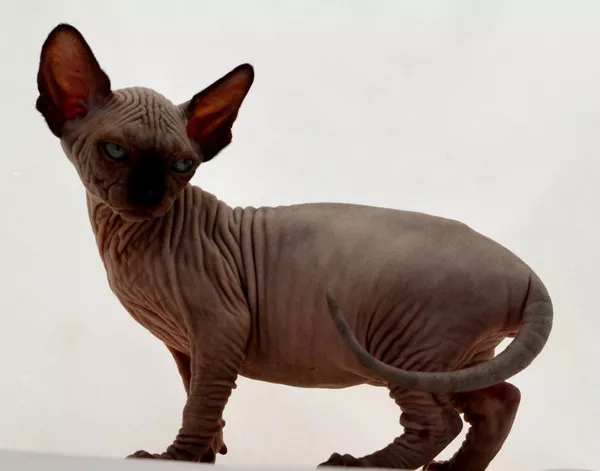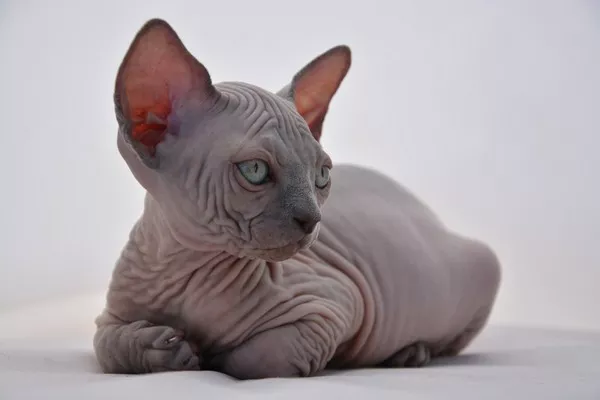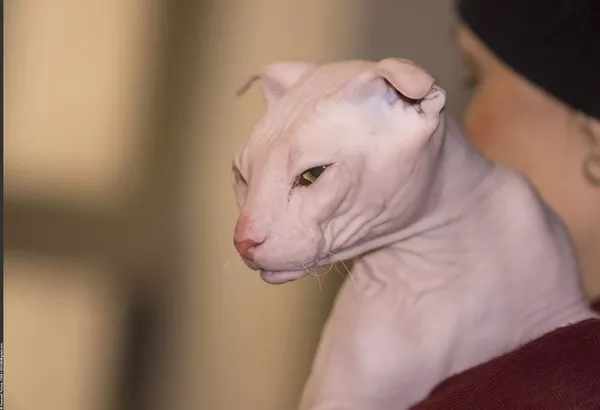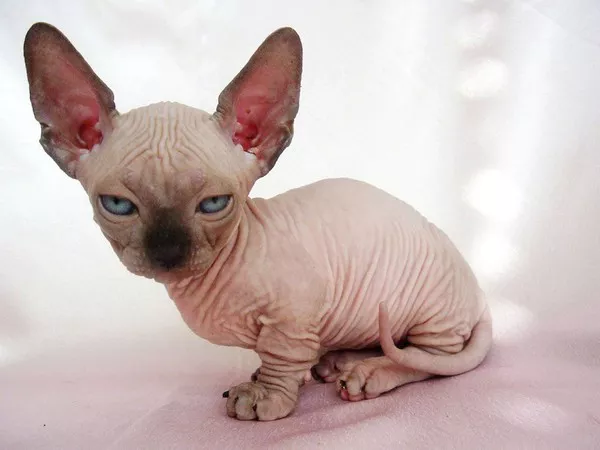In the realm of feline companions, there exists a creature that stands out from the rest with its unique appearance and captivating personality—the Sphynx cat. Known for its hairless body, large ears, and wrinkled skin, the Sphynx cat has garnered a considerable following among cat enthusiasts worldwide. In this comprehensive guide, we will delve into the intriguing world of the Sphynx cat, exploring their origins, physical characteristics, temperament, care requirements, and frequently asked questions. So, let’s embark on a journey to unravel the enigmatic charm of the Sphynx cat.
1. Origins and History:
The Sphynx cat may appear otherworldly, but its origins can be traced back to natural genetic mutations that occurred in domestic cats throughout history. Contrary to popular belief, the Sphynx is not truly hairless but possesses a fine layer of downy fuzz on its skin. The first known occurrence of hairless cats was documented in the early 1900s in Mexico, but it wasn’t until the 1960s that selective breeding efforts began to establish the modern Sphynx breed.
2. Physical Characteristics:
Body Structure:
The Sphynx cat has an athletic build with medium-sized boning. Despite lacking fur, their skin feels warm and soft to the touch. Their prominent features include a wedge-shaped head, lemon-shaped eyes (which can be any color), and high cheekbones. The body is muscular and well-toned, often revealing the contours of their underlying structure.
Coat and Skin:
As mentioned earlier, the Sphynx cat is not completely hairless. It has a fine layer of short hairs called “vellus hairs” or “down.” This covering gives them a unique texture when touched. Their skin may appear wrinkled, especially around the head, neck, and body. These wrinkles are a natural part of their genetic makeup and vary in prominence from cat to cat.
3. Temperament:
The Sphynx cat is renowned for its affectionate and outgoing nature. They thrive on attention and love to be the center of their human companions’ world. These cats have an uncanny ability to bond deeply with their owners, often seeking physical contact and enjoying being held or snuggled. Sphynxes are known to be social butterflies and get along well with other pets and even children.
4. Care Requirements:
Owning a Sphynx cat comes with specific care requirements due to their unique physical characteristics. Here are some essential aspects to consider:
Skincare:
The absence of fur means that Sphynx cats have different skincare needs compared to their furry counterparts. Regular bathing is necessary to remove excess oil and maintain skin health. However, care should be taken to use specially formulated, hypoallergenic cat shampoos to avoid drying out the skin. Additionally, it’s important to keep their living environment clean to minimize potential irritants.
Temperature Regulation:
Without a protective layer of fur, Sphynx cats are more susceptible to temperature changes. It is crucial to provide them with warm environments, particularly during colder months. They might benefit from cozy sweaters or blankets to help them retain body heat.
Sun Protection:
Due to their lack of fur, Sphynx cats are vulnerable to sunburn and excessive exposure to UV rays. It is advisable to limit their time outdoors during peak sunlight hours and apply pet-safe sunscreen on exposed areas when necessary.
5. Frequently Asked Questions:
Are Sphynx cats hypoallergenic?
While there is no such thing as a truly hypoallergenic cat, Sphynx cats are known to produce fewer allergenic proteins found in cat dander. As a result, some individuals with allergies may find that they have reduced reactions or tolerate Sphynx cats better.
Do Sphynx cats require special diets?
Sphynx cats do not have specific dietary requirements. However, since they lack fur, they may have higher energy needs to maintain body heat and should be fed a balanced, high-quality diet recommended by veterinarians.
Are Sphynx cats more prone to health issues?
While Sphynx cats are generally healthy, their lack of fur makes them susceptible to certain conditions. They can develop sunburn, skin sensitivity, and may be more prone to respiratory infections due to their hairless nature. Regular veterinary check-ups and proper care can help mitigate these risks.
Conclusion:
The Sphynx cat, with its distinct appearance and captivating personality, continues to captivate cat enthusiasts worldwide. Despite their unique physical characteristics, Sphynx cats are loving, sociable companions that bring joy and warmth into the lives of their owners.



























